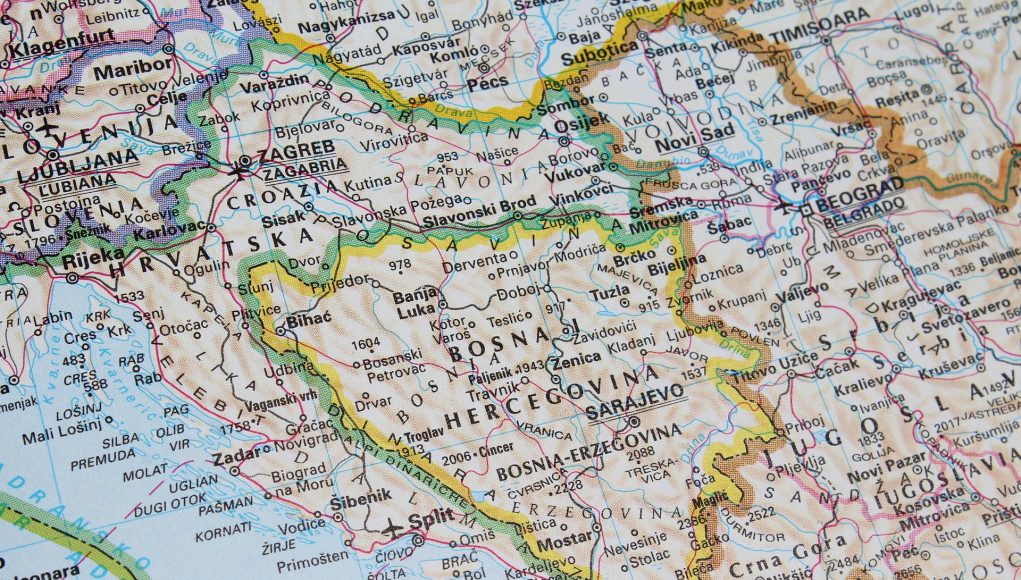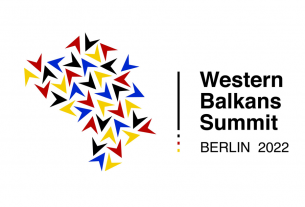On 2 August 2022, a group of US Senators introduced a new bipartisan legislation in order to improve cooperation between the United States and six Western Balkans countries, a bill named Western Balkans Democracy and Prosperity Act.
The idea behind the proposed legislation is to support economic development in the region through initiatives on infrastructure, trade and anti-corruption, including codification of sanctions to deter destabilizing activity In the Western Balkans.
Bearing in mind the timeframe of the Act’s proposition, it appears to be coming as an attempt of some part of politicians from the US to attract foreign policy attention to the most unstable region in Europe, when the part of Western Balkans threatens to be swallowed by the Russian influence in the shadow of the war in Ukraine.
The fact that Serbia has not join EU sanctions on Russia due to the aggression on Ukraine on 24 February also supports the need to introduce such an act.
The initiators of the Western Balkans Democracy and Prosperity Act are Senator Chris Murphy, a member of the US Senate Foreign Relations Committee, and Senators Jeanne Shaheen, Roger Wicker, Dick Durbin, Thom Tillis, Chris Van Hollen and Ben Cardin.
Shaheen recently led a bipartisan congressional delegation with Senators Murphy and Tillis to the Balkans to show continued US support for its allies amid Russian aggression against Ukraine and the possible implications for security in the region. During the visit, they met with members of the respective countries’ governments and representatives of the civil society and media.
Goals are set, but what would be its effects if adopted?
Programme Director at the Center for the Study of Democracy in Sofia Ruslan Stefanovstated for EWB that a lot of leaders they have talked to in the Western Balkans during the preparation of the latest Regional Anticorruption Report for 2022 “insisted that it would be important for the US to re-engage in the region more consistently to aid EU integration efforts”.
“The US is still seen as an indispensable partner in delivering on sensitive reforms, such as anti-corruption in the current environment of heightened geopolitical competition”, explained Stefanov.
Among others, the legislation should encourage increased trade and investment, expand United States assistance to regional integration, decrease dependence on Russian energy sources and fossil fuels, facilitate the development of strong civil societies, independent media, transparent and accountable governance, support the accession of the countries to the European Union and to NATO for those that desire membership.
Besides the previously mentioned goals of the introduced legislation, the initiators also focused on the Anti-corruption initiative.
The Western Balkans Democracy and Prosperity Act seek to “expand technical assistance for the development of national anti-corruption strategies to each country” of the Wester Balkans, or to the “support of national anti-corruption strategies already created”.
Senator Murphy said that during his trip through the Western Balkans that it became clear to him that the US must “deepen engagement” in the region, adding that this legislation will strengthen ties between US and Balkan, expand economic opportunity, and support efforts to advance democracy and root out corruption.
On the other hand, Senator Shaheen explained that “the United States’ relationship with the Western Balkans is pivotal”, amid Russia’s war in Ukraine and “Putin’s clear ambitions to spread malign influence across Eastern Europe”. He also added that “this region deserves every tool possible to build sustainable democracies”.
The United States’ influence is not the same in all Western Balkan countries, and the bill recognizes different recommendations from country to country. The biggest focus is on Bosnia and Herzegovina, while the lowest one is on Serbia.
When asked about the potential influence of the Act, Ruslan Stefanov said that it can be used as an instrument for “returning the region to the path of better governance”. However, the financial support the act is offering for the reforms won’t be sufficient. Our interlocutor thinks that the “US Magnytski style sanctions would have to be enforced in parallel” – in order to restore the carrot and stick approach that has been broken in the last six years.
“Its efficiency will also depend on coordination and collaboration between the EU and the US”, added Stefanov.
The bill also says the US should support maintaining the entire European Union Force (EUFOR) mandate in Bosnia and Herzegovina in the national security interests of the United States.
The mission of the EU’s Operation “Althea” has been to ensure continued compliance with the 1995 Dayton peace agreement and contribute to a secure environment in Bosnia and Herzegovina.
However, in the case of Russia’s blocking of the reauthorization of the mission in the United Nations, the bill suggests using the voice of the United States in NATO to encourage alliance planning and support of an international military force to maintain a safe and secure environment in Bosnia and Herzegovina.
The strength of this kind of bill is questionable when it comes to the real influence in practice, especially in some of the Western Balkan countries. It is more of a proposed instruction and reminder for US top-level policymakers. If adopted, it will depend a lot on the willingness of key actors to enforce it.
When it comes to Serbia particularly, whether the act will be successful in bringing about change would ultimately depend on the Serbian political leaders and the Serbian people, concluded Stefanov.
This article was published as part of the project “Civil society for good governance and anti-corruption in southeast Europe: Capacity building for monitoring, advocacy and awareness-raising (SELDI)” funded by the European Union.
The post Western Balkans Democracy and Prosperity Act: New platform for American influence in the Western Balkans? appeared first on European Western Balkans.





